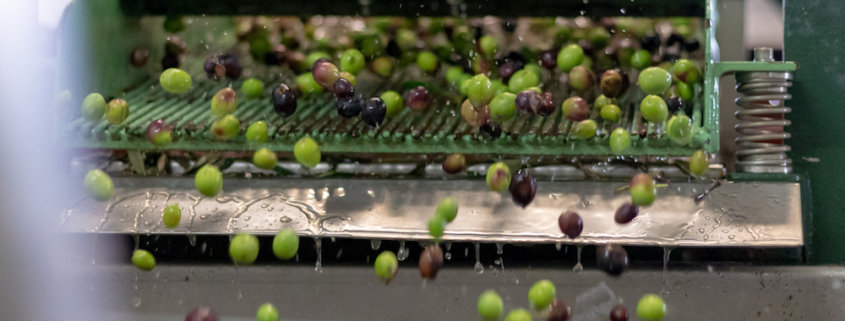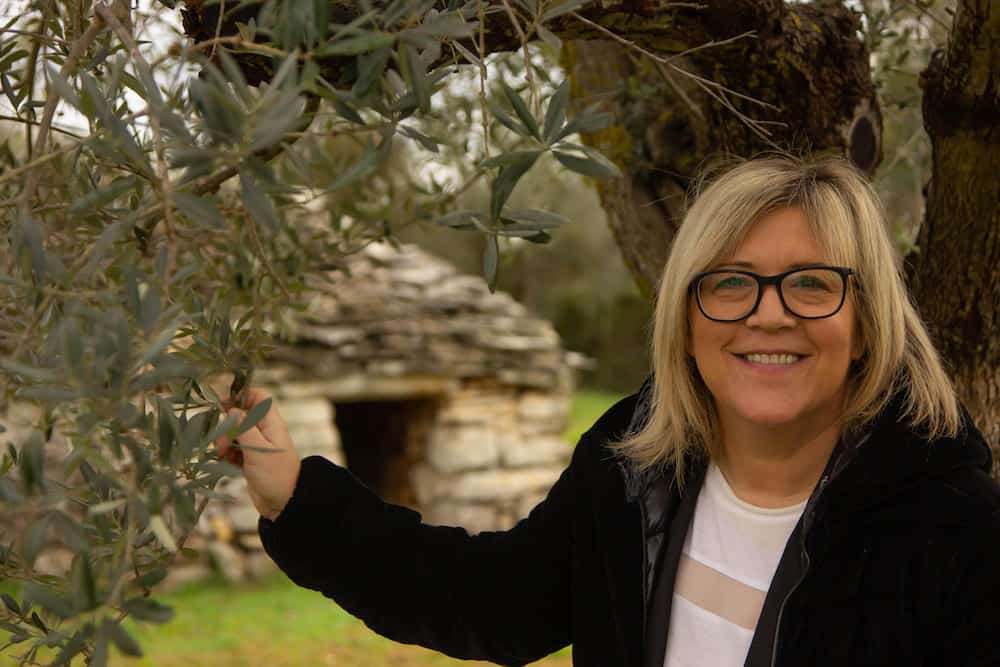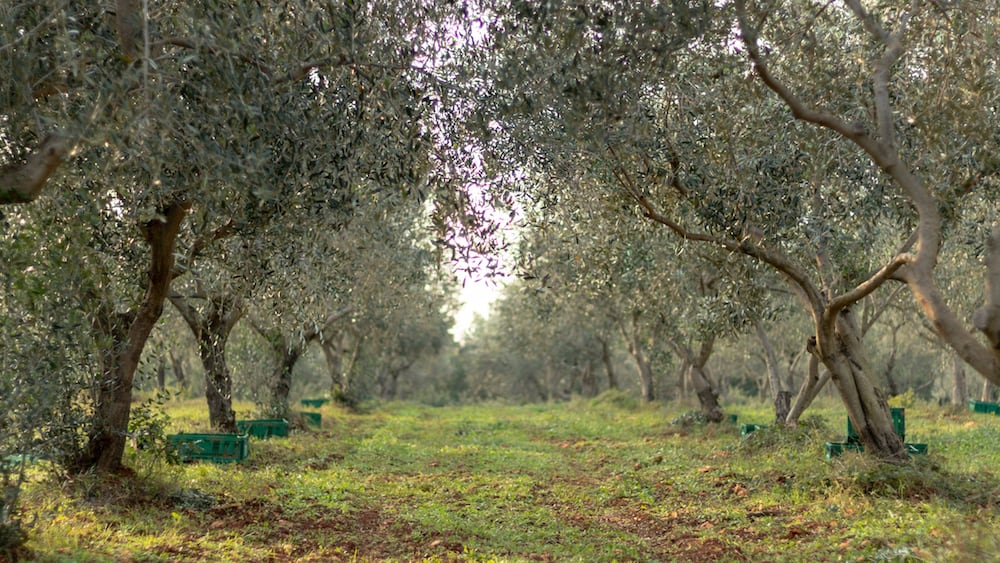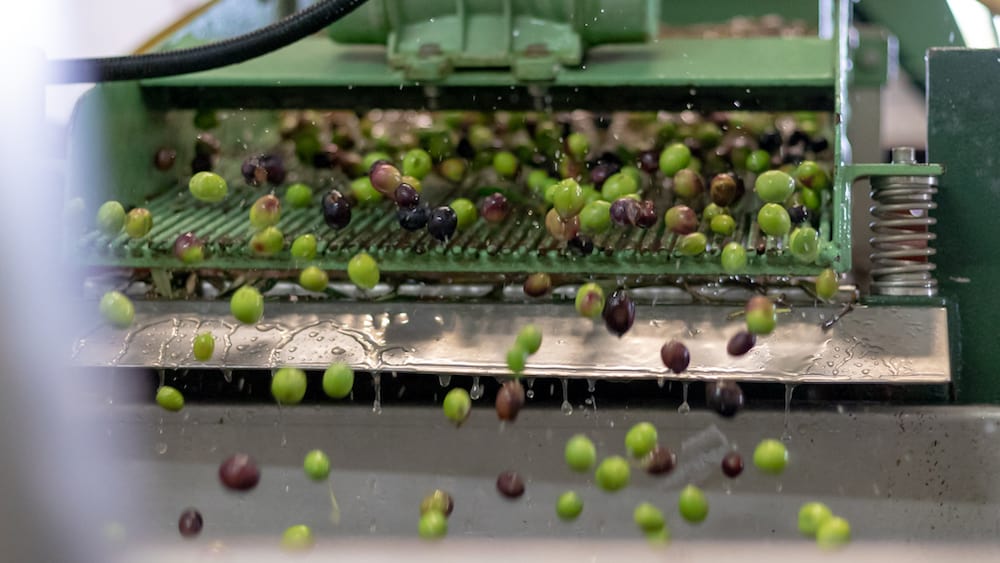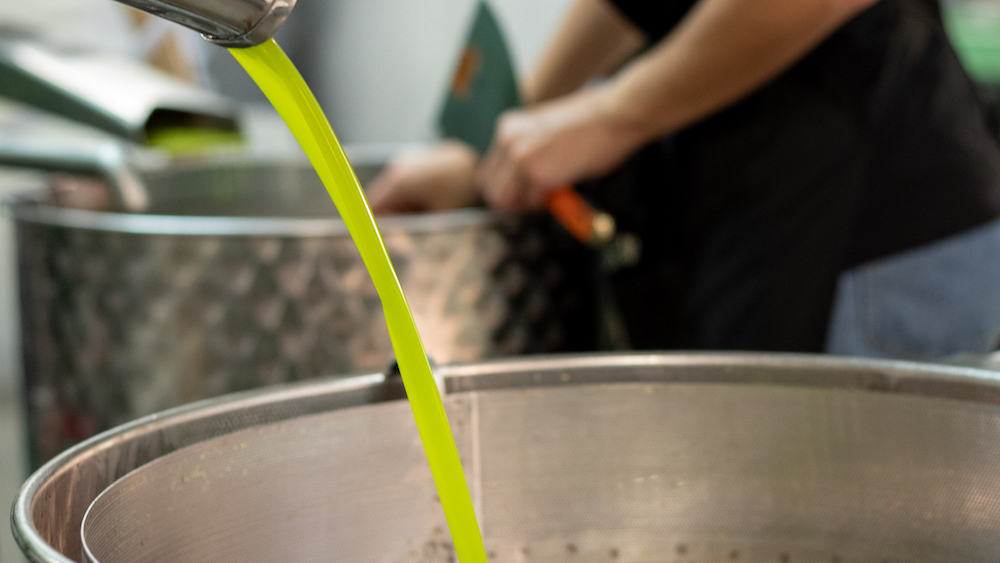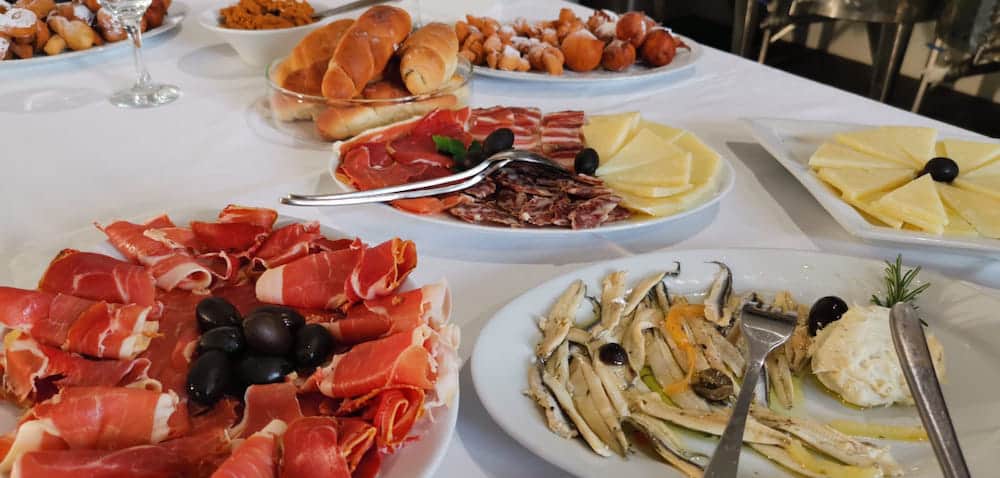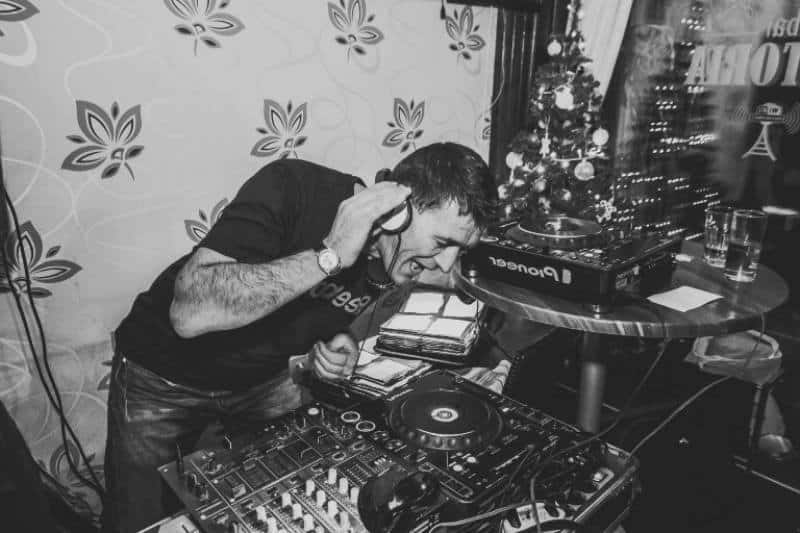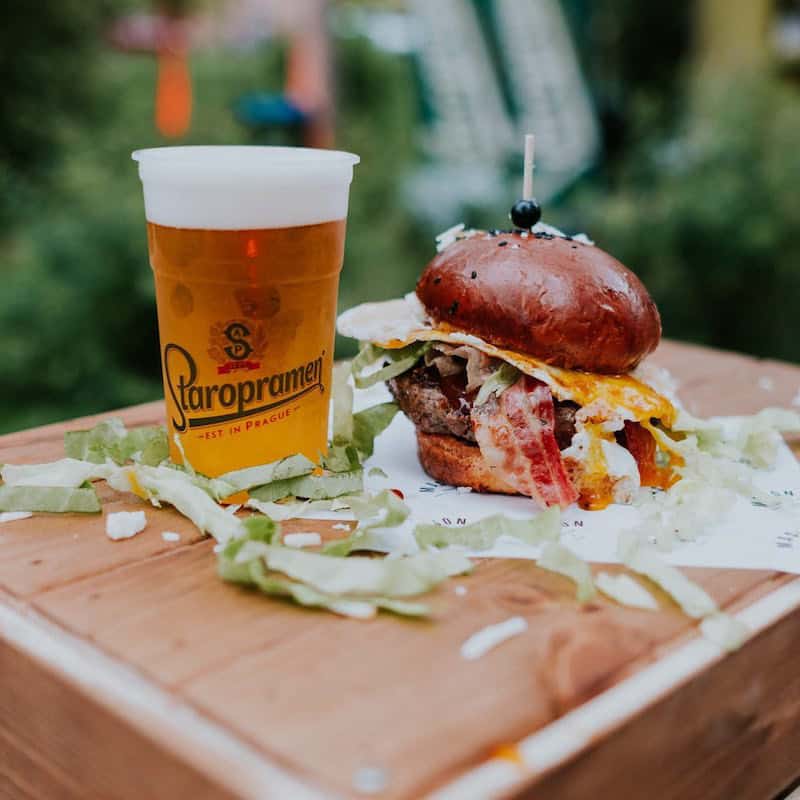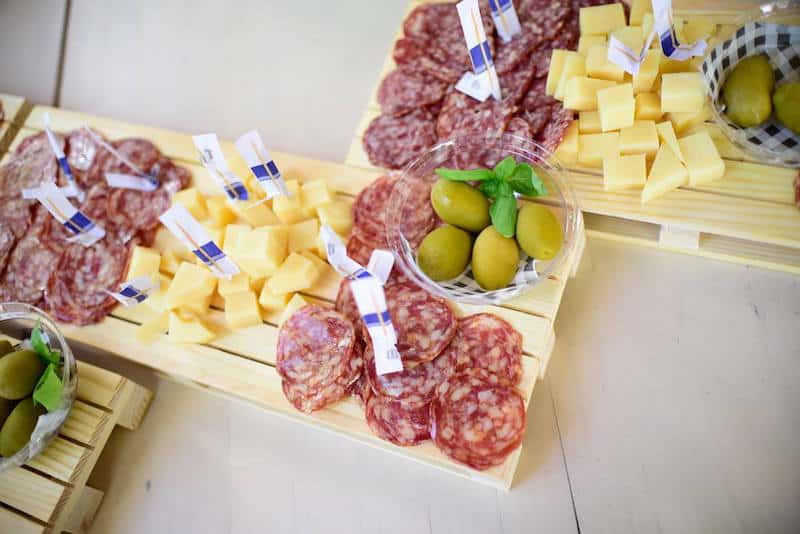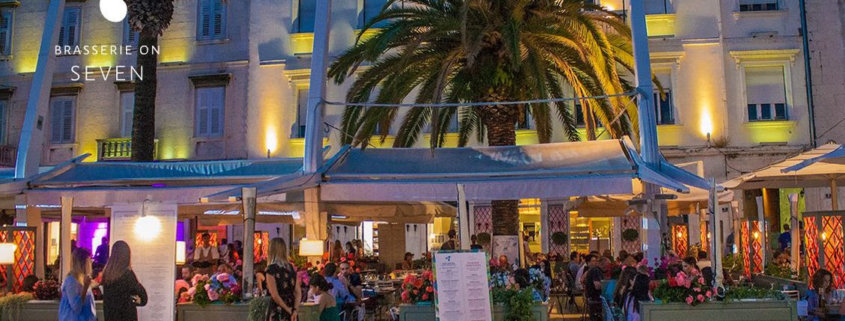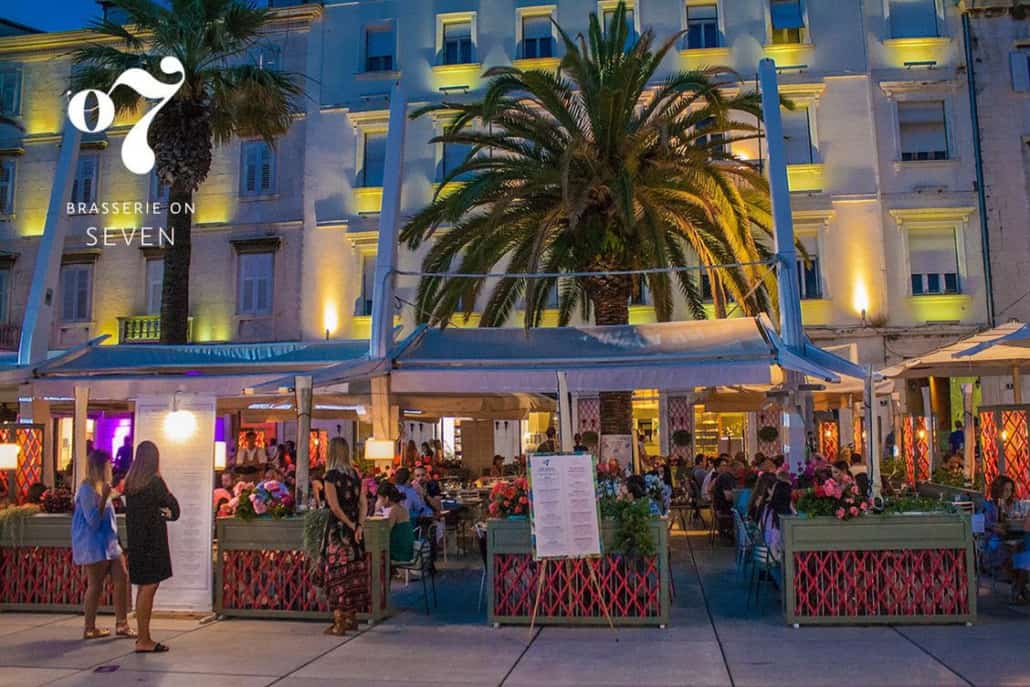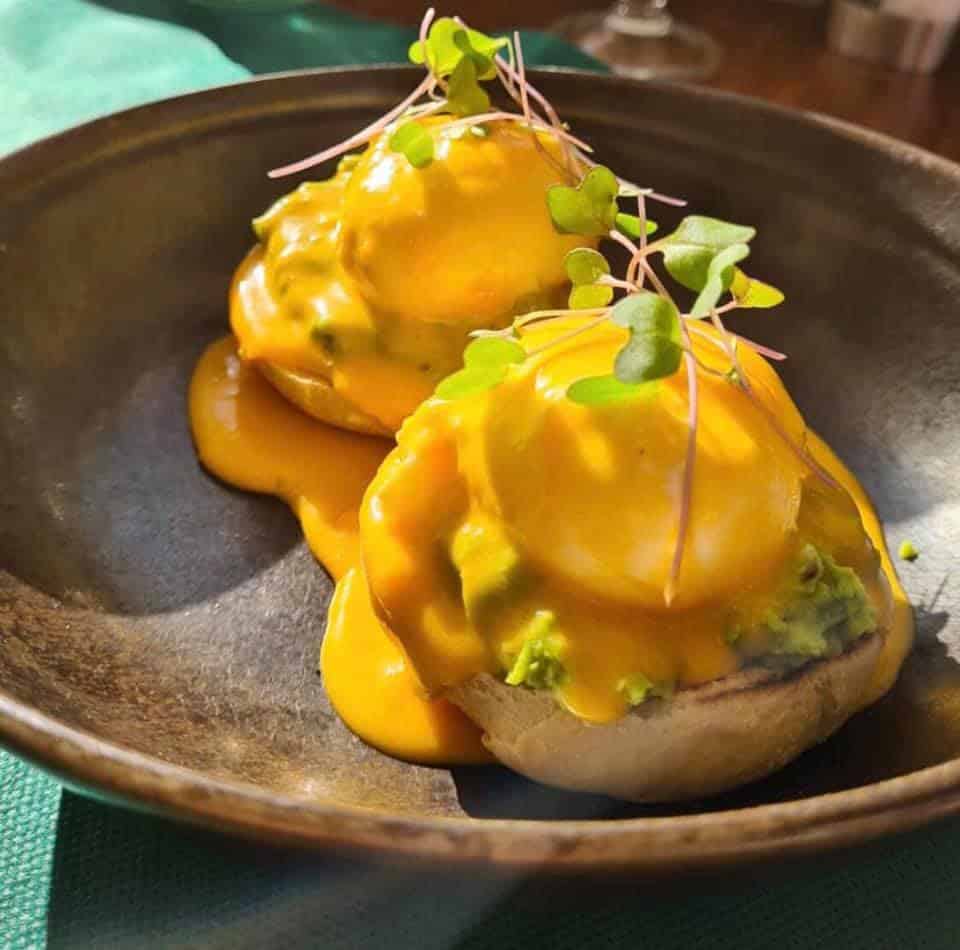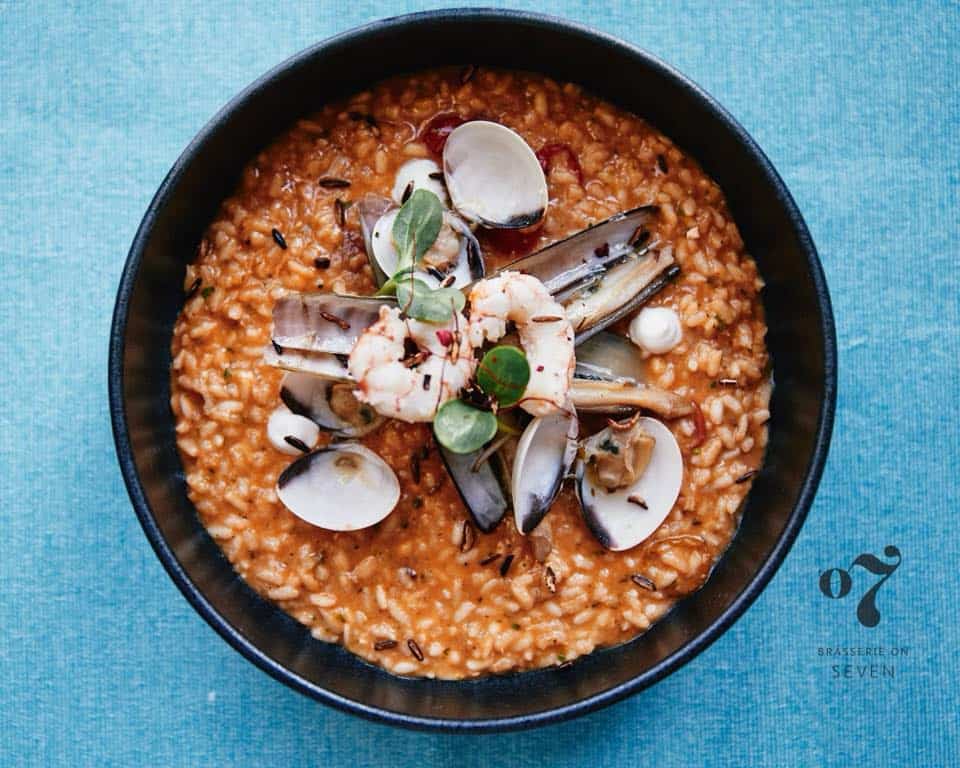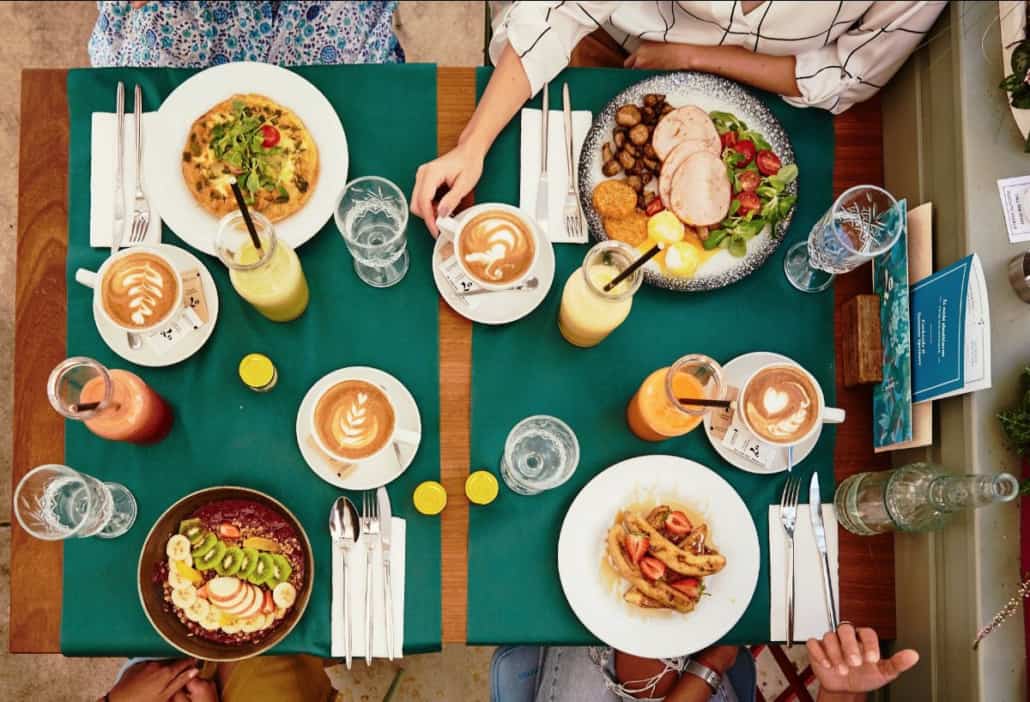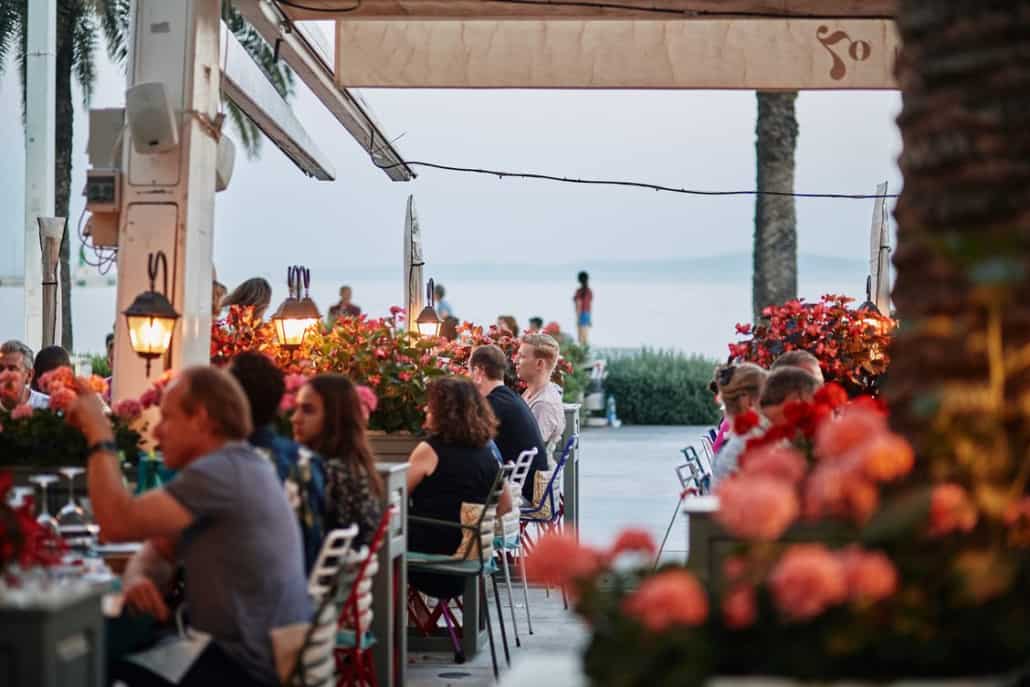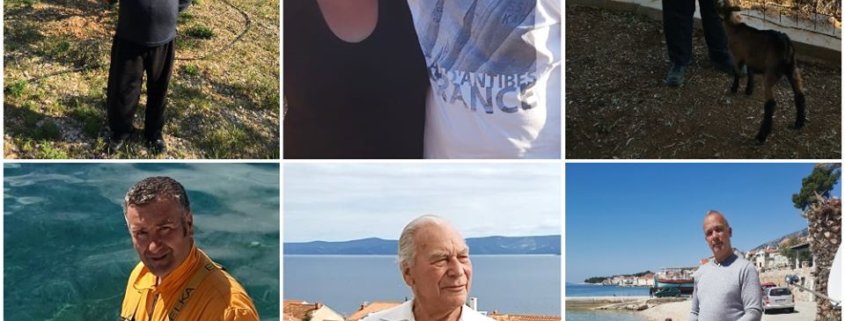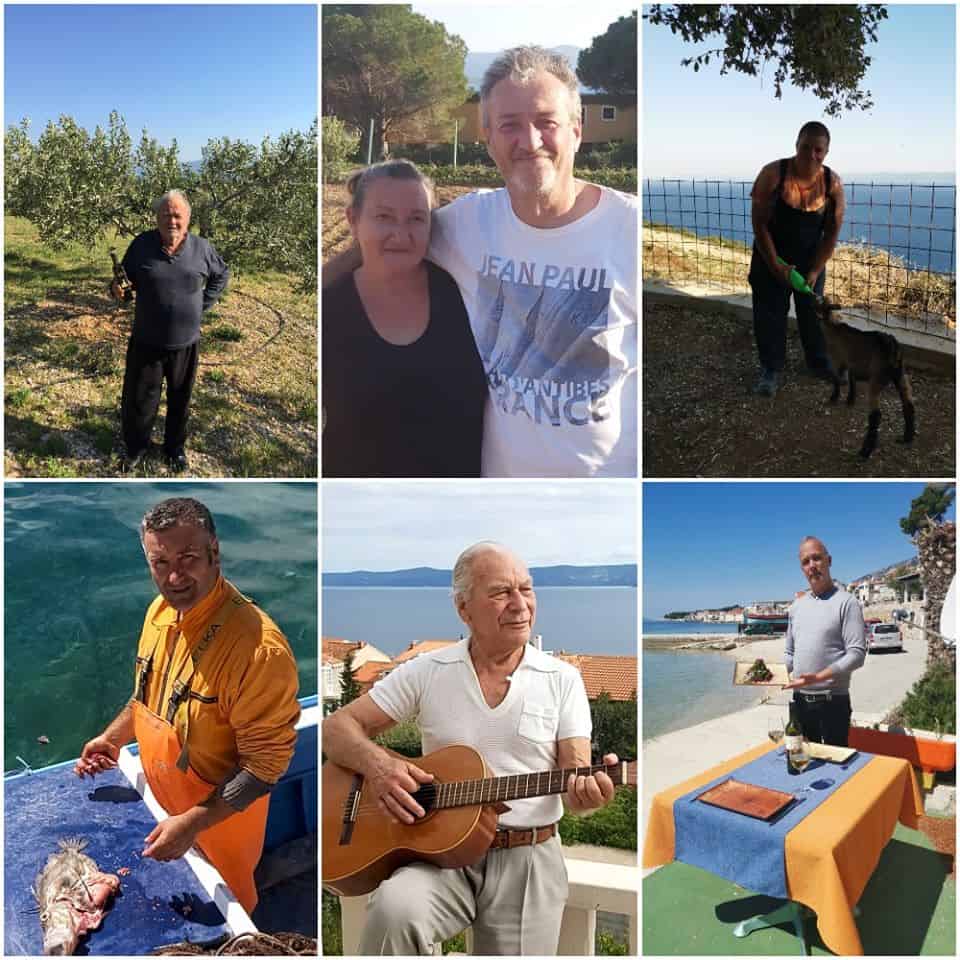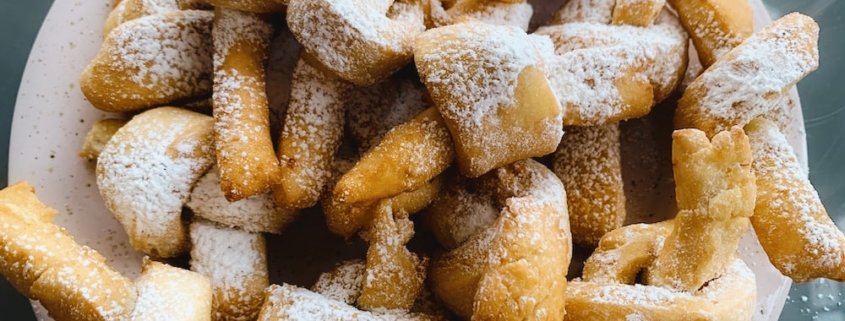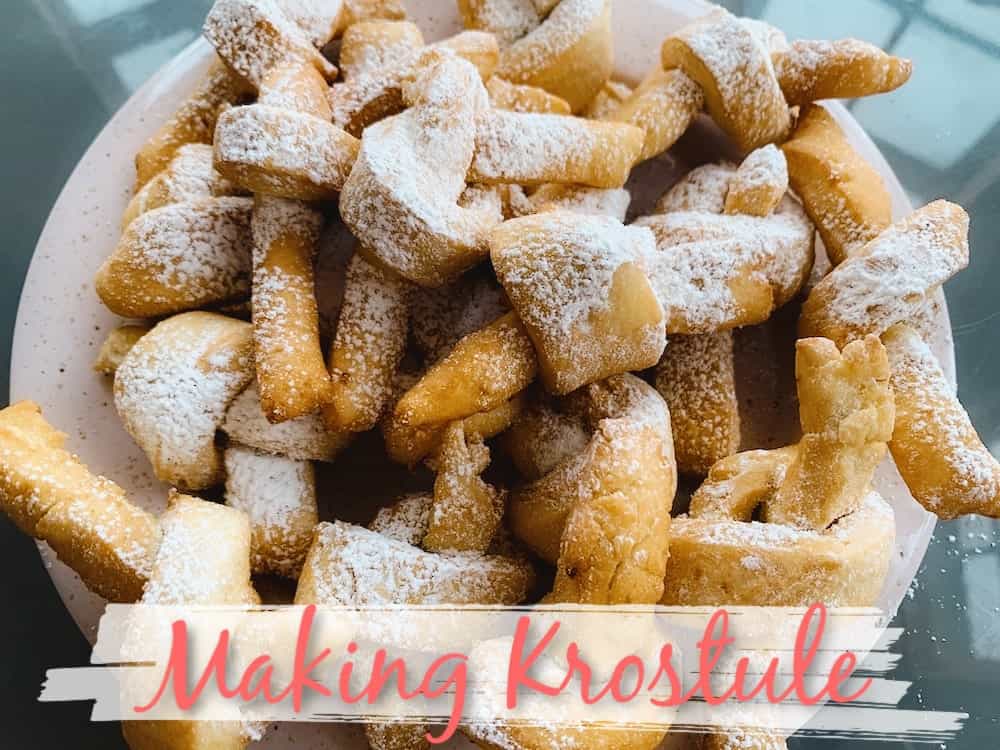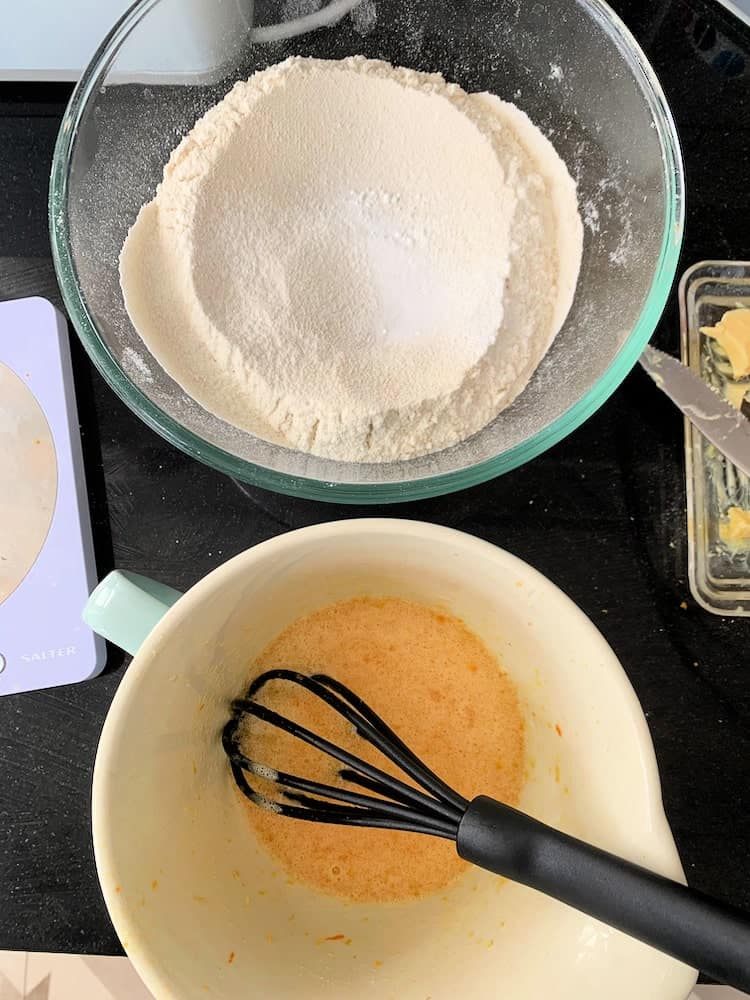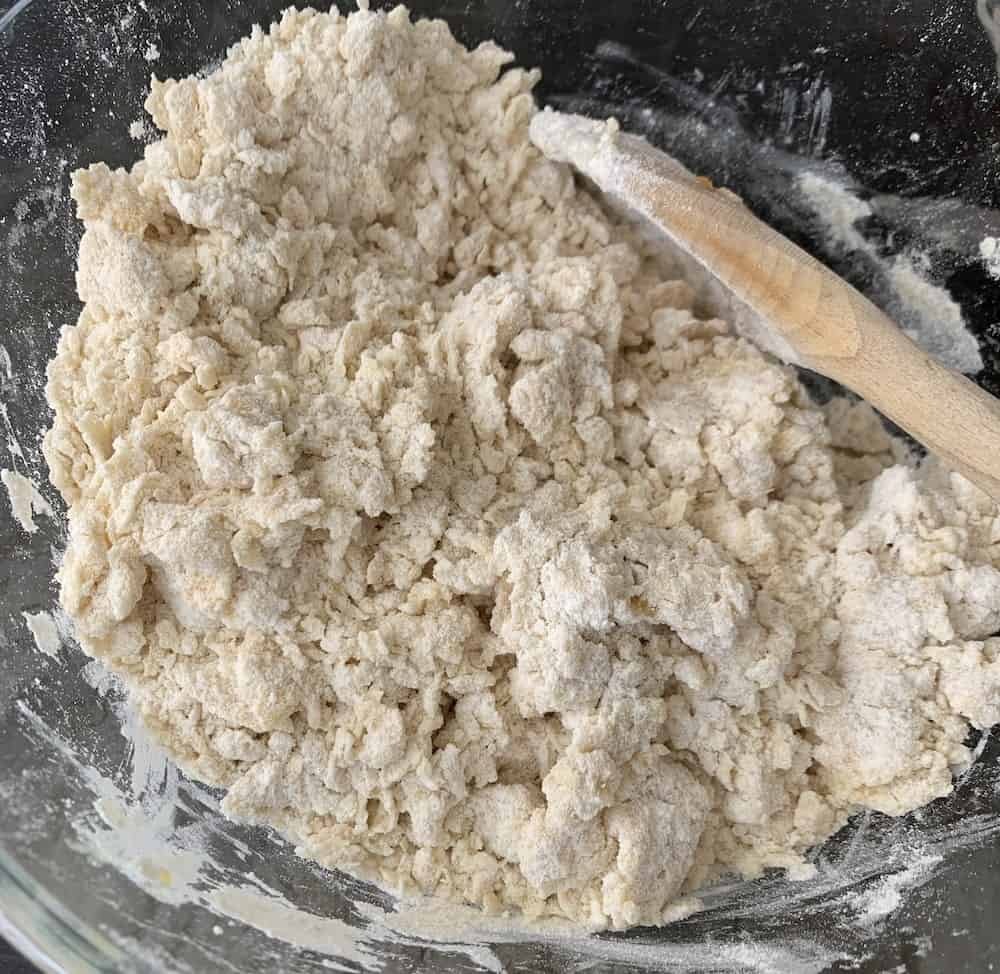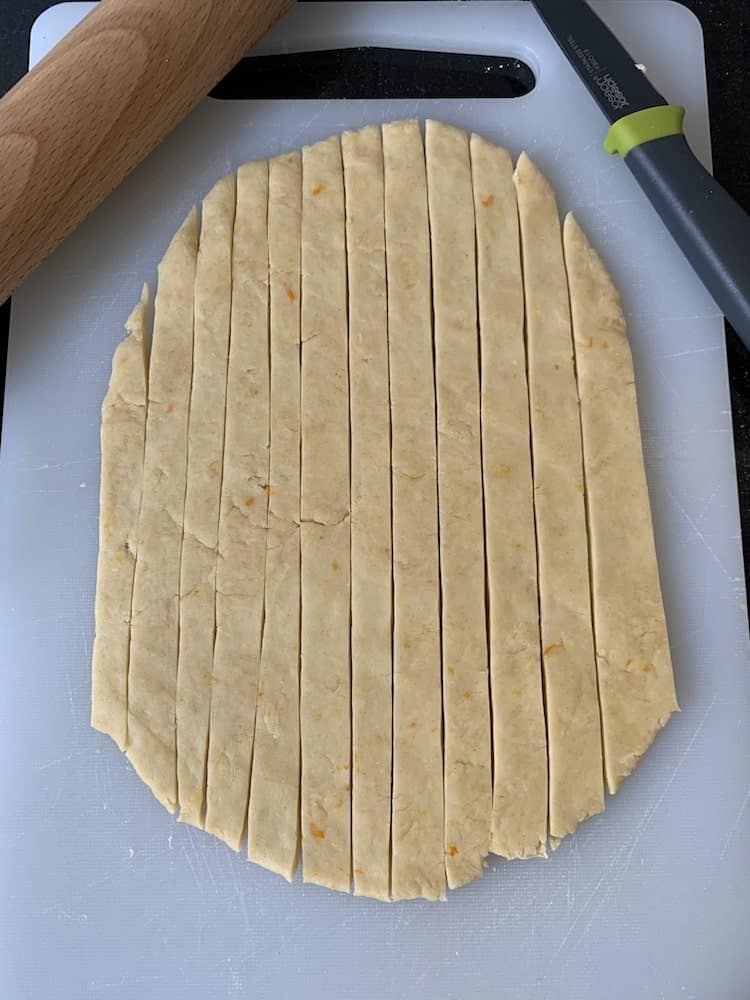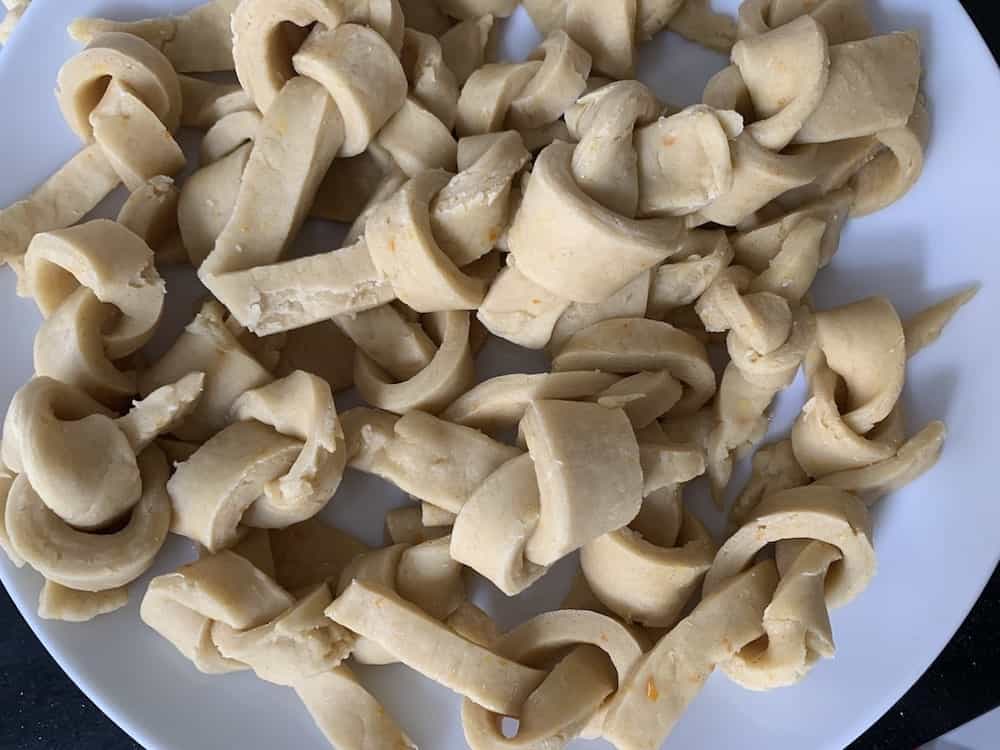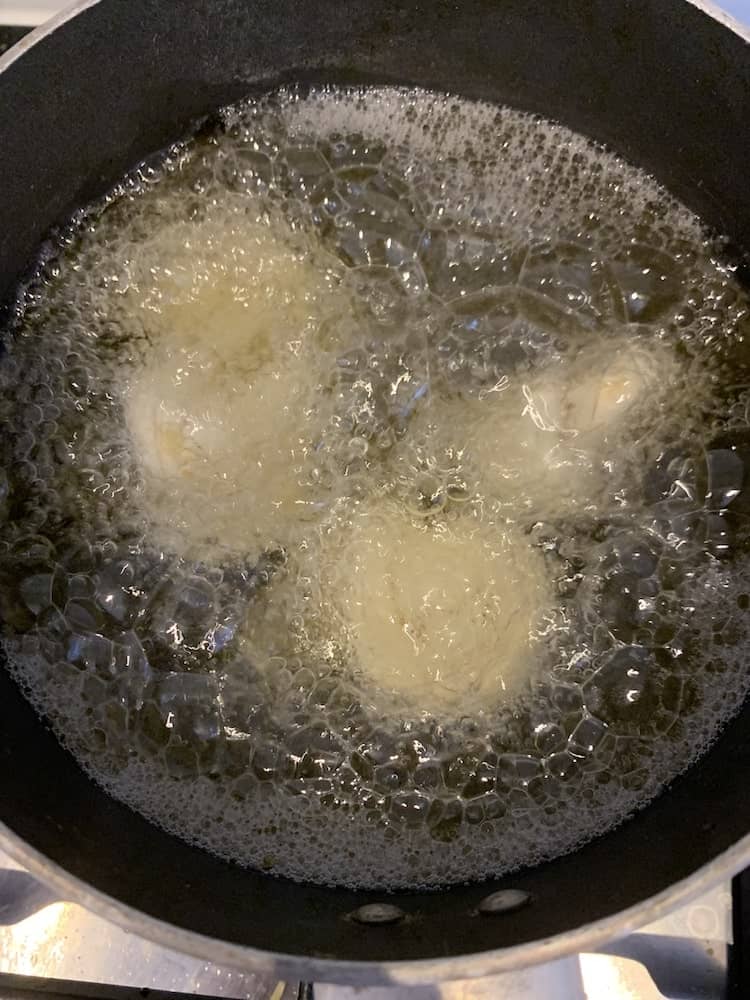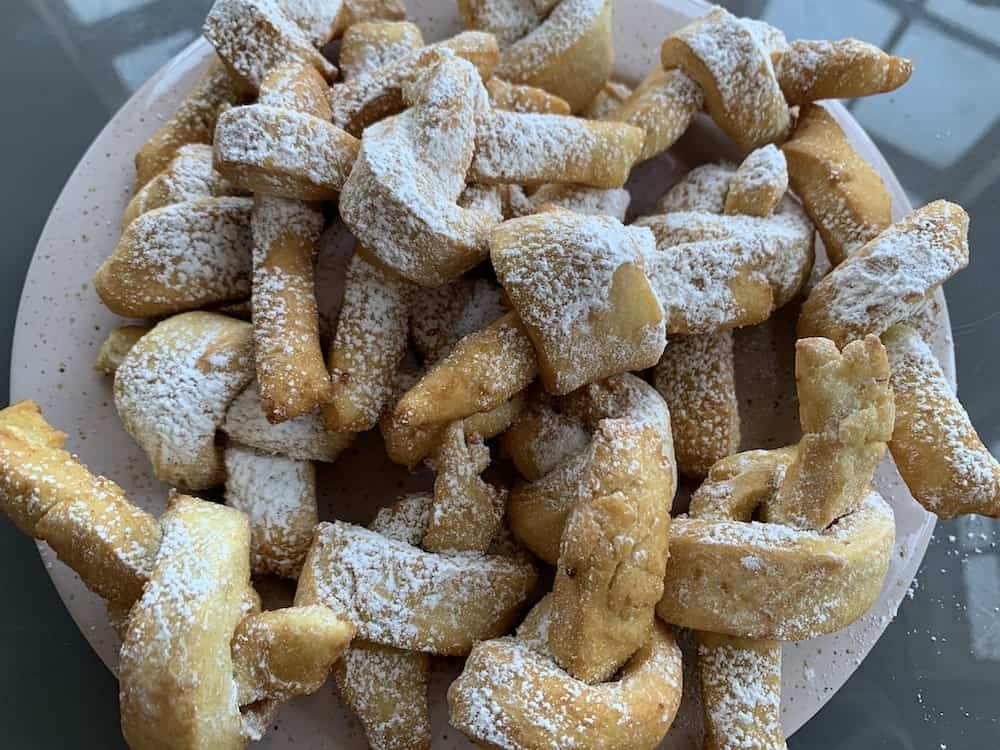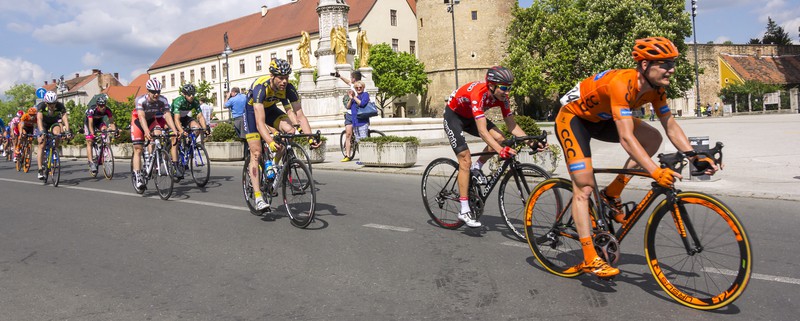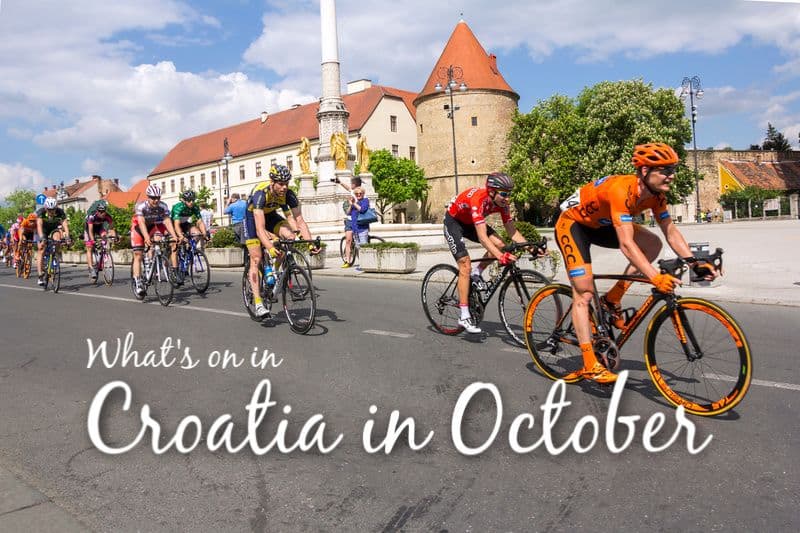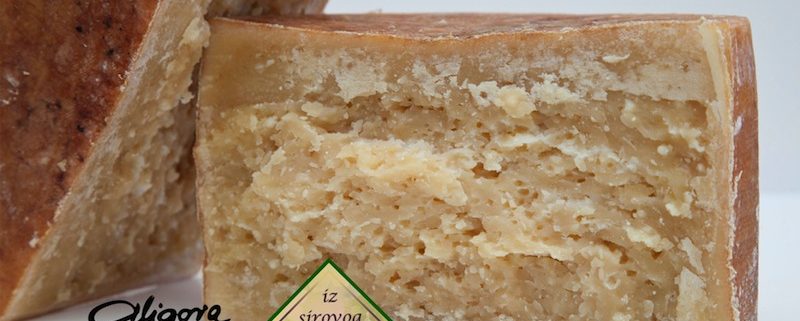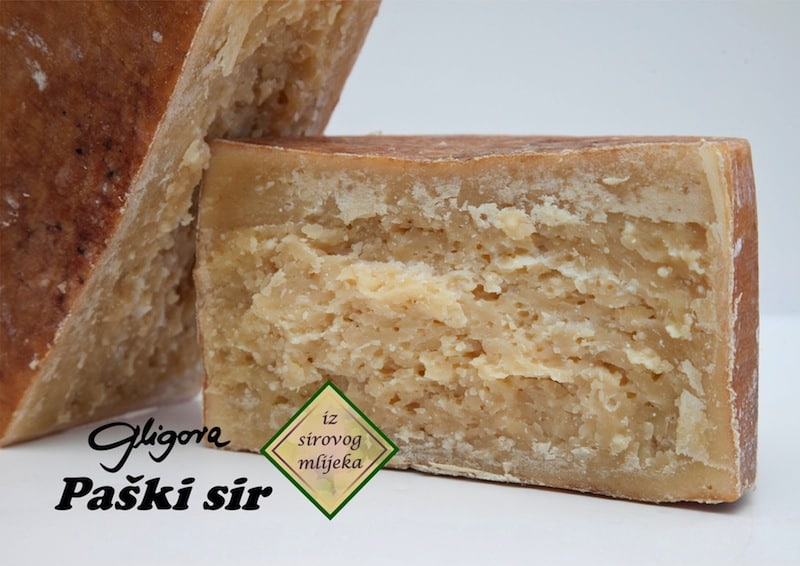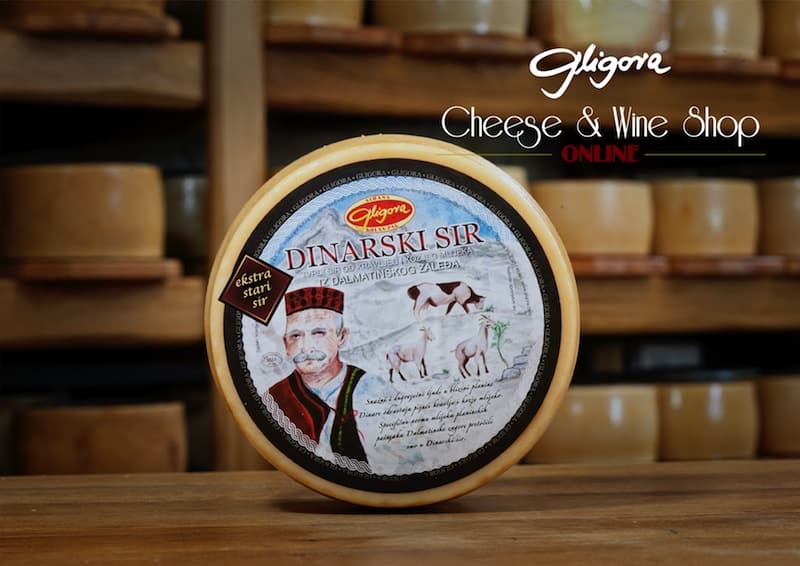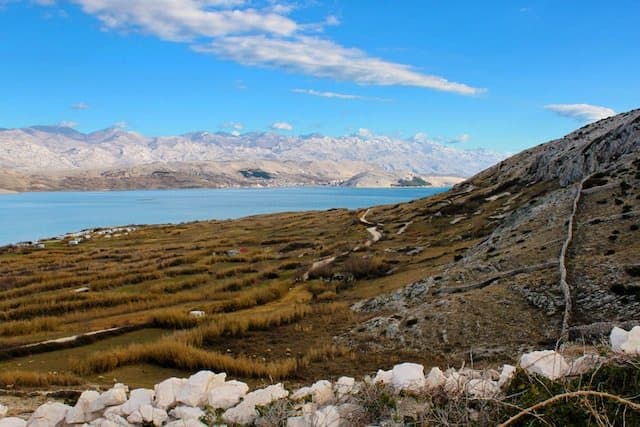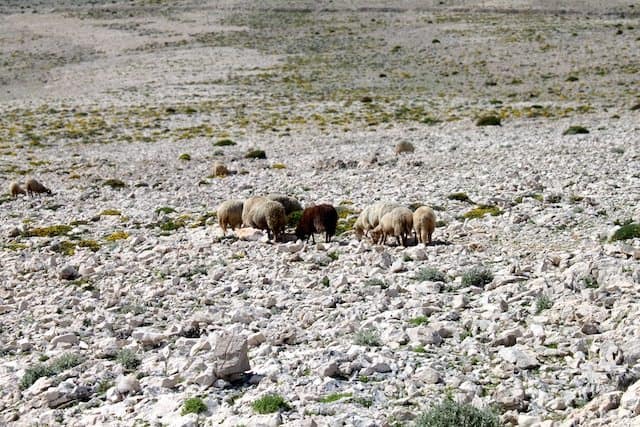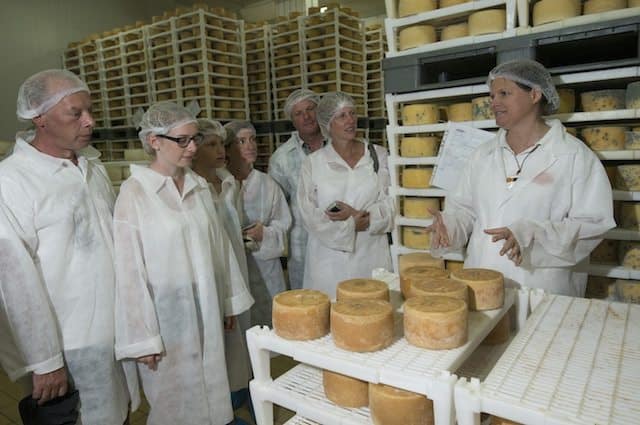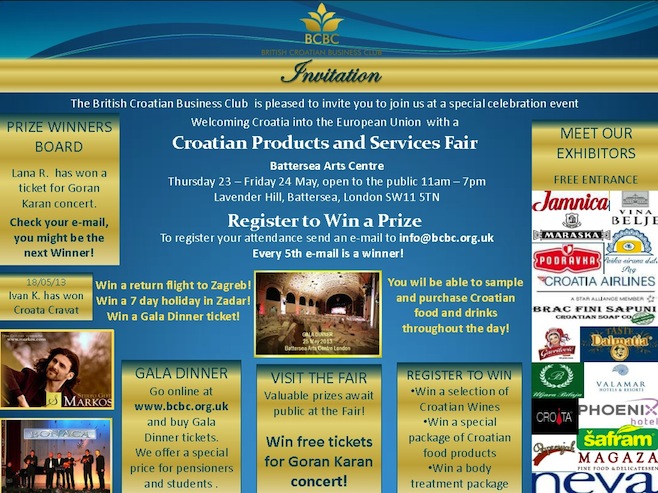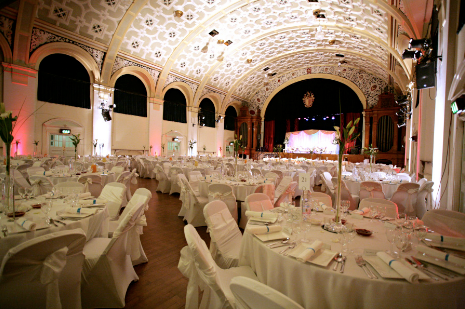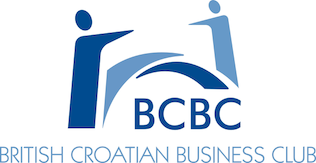Burger Fest heads to Dubrovnik
If you’re a fan of gourmet burgers (who isn’t?!) and are heading to Dubrovnik later this month, you’ll be delighted by the news that the popular gastro festival Burger Fest will be held there from 20th to 30th June 2024. A mix of incredibly tasty good, top quality drinks and a great atmosphere, it’s absolutely the place to head to during these summer days.
Brought to you by the same people behind the incredibly popular Burger Fest in Zagreb – which is enjoyed by over 150,000 people every year – and the Pizza Festival in Dubrovnik – where over 100,000 pizzas were eaten during the event (that’s some hungry people!) it is now the turn of the tasty burger to shine in Dubrovnik. This also follows burger festivals held in other towns and cities in Croatia, including Zadar, Pula, Varazdin and Bjelovar, which has really enabled Burger Fest to up the game in the local burger scene.


So what’s on the cards for Burger Fest in Dubrovnik? Held at the Lazareti events space in the heart of the city, there will be specialities prepared by Institut za burger (Burger Institute) by Mate Jankovic, Chef’s Burger by Ivan Pazanin, Guloso Burgers&More, Picnic – mingle&fun, kDogs, Kenova by Branko Kusovac and Beg’s Plant Based.
Hit burgers incoming at Dubrovnik’s Burger Fest
Trust us, that’s quite a list! Burgers crafted by Mate Jankovic have been declared the best at previous burger festivals, and his meat and vegan burger options are sure to delight the Dubrovnik crowds.
The “Crispy Kapula” burger by Chef’s Burger/Ivan Pazanin is another previous festival favourite that’s delighted the hungry masses.
Dubrovnik brand Guloso Burgers&More will be showing what the locals can do with their burger offerings, including the “Cheesy Special” – pure beef topped with two types of cheese, caramelised onions and a special Guloso sauce made from 11 secret ingredients. I mean, my mouth’s just watering at the thought of this one!

But then I’d equally go for Kenova’s “Blue Cheese” burger which is made up of beef, cheddar, BBQ blue cheese sauce, caramelised onions, bacon, iceberg lettuce and pickles. YUM!

Zadar will be represented by Picnic – mingle&fun whose specialities include the Blackie burger, the prawn burger, the Snow Burger and the Frenchie burger.
If you love burgers but meat isn’t your thing at all, then you need to try Beg’s Plant Based offerings, made by chef Eduard Beg. For example, his Beg’s Chicky Burger consists of a plant-based brioche bun filled with Amaze Food’s chicken that’s been marinated in agave syrup with tzatziki sauce, fresh cucumbers and iceberg salad.
kDog will be offering something entirely different – American-style corn dogs (a hot dog dipped in batter and deep fried) and and a half hot dog half cheese dish. And they also offer tasty desserts with their brioche filled with soft serve ice cream speciality.

To wash down all this burger goodness, a great range of drinks will be provided Beer&Cocktail Bar and Gingle Bells. And to add to the atmosphere, DJs will be spinning tunes all throughout the festival.
Come down to Lazareti in Dubrovnik to see what the amazingly successful Burger Fest is all about! Entry is free.
Burger Fest
20th – 30th June 2024
Lazareti
Dubrovnik
www.facebook.com/BurgerFestivalHR
www.instagram.com/burgerfestivalhr



